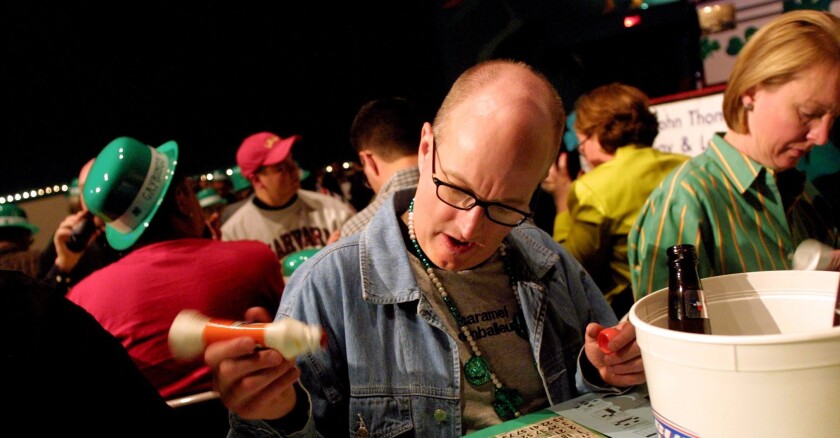But the Charitable Bingo Operations Division (CBOD) is awash in paper-based operations and needs more alignment to its parent agency, the Texas Lottery Commission (TLC).
TLC is one of 12 agencies under review by the Texas Sunset Advisory Commission*, which provides critical insight into the agency’s operations and the CBOD.
“CBOD remains entangled in paper-based processes, straining its limited financial resources and staff time. Additionally, the lack of clear bingo inspection criteria coupled with insufficient training results in potentially incomplete inspections and inconsistent treatment of licensees,” reads May’s Sunset staff report. “Prioritizing IT updates and improving data practices and staff training would enhance efficiency while improving the fairness and effectiveness of bingo regulation.”
According to the TLC self-report, 10,457 paper documents were received in FY 2022, although the CBOD’s Bingo Operations Services System (BOSS) has had a public portal since 2015. The Sunset Commission reports that it isn’t user-friendly.
The CBOD mailed 23,190 pieces of mail including engagement packets, licenses, badges, license-related correspondence and more. Mail incurred $16,510 in spending, according to the documents.
Sunset staff believe the TLC should strengthen bingo regulation and data due to fraud potential. Related IT recommendations include:
- CBOD should modernize paper-based operations.
- Prioritize the BOSS database and bring together disparate data: The system isn’t complete, cannot do OCR and will be outdated even when complete.
- Improve data practices such as data validation and quality control: As an example, the Sunset Committee reports that the CBOD was unable to provide complete and accurate data for its review.
- Align BOSS, the Bingo Service Portal and Complaint Activity Monitoring Program to eliminate data silos that impact risk, compliance and investigations
- Add bingo reporting to regular TLC reporting
BINGO PLAY BY PLAY
Texas voters said yes to constitutional bingo in November 1980.
Licensing started with the Bingo Enabling Act, which originally gave the Comptroller of Public Accounts oversight; today, TLC oversees play via the CBOD. The state’s bingo industry is cash-based and intended to fund charitable enterprises, but the game is still illegal in some counties.
FY 2022-23 had:
- At least $32 million given in charitable distributions
- 97 percent licensed organizations making minimum distributions
- 9,387 bingo licenses issued
- 10,928 bingo worker licenses issued
- 137 complaints investigated
FY 2022-23 tech-related spending included:
- $182,160 to Technology Spa LLC for website hosting
- $206,657 to Xerox Business Solutions Southwest
- $43,952 to the Texas Department of Public Safety for background checks
STRUCTURE AND STAFFING
The charitable bingo operations director reports to the TLC commissioners, and the Bingo Advisory Committee’s nine members advise and report to the TLC commissioners.
Of note, the Sunset staff recommends reporting structure changes. They want to see the CBOD director — now LaDonna Castañuela — directly reporting to the TLC executive director rather than its commission.
There are 24 full-time employees supported by TLC’s IT division, which has 41 full-time employees.
*The Texas Sunset Act was established in 1977 to monitor agency performance and to recommend agency abolishment or changes that improve efficiency and effectiveness, according to the website. The July 9 Sunset hearing was canceled.









